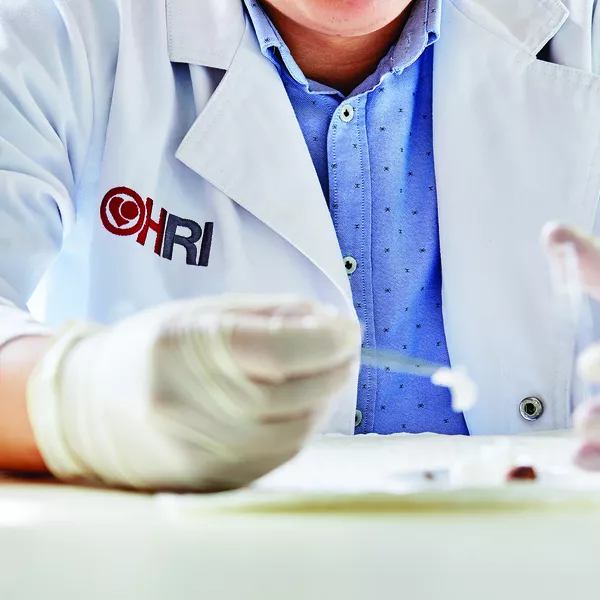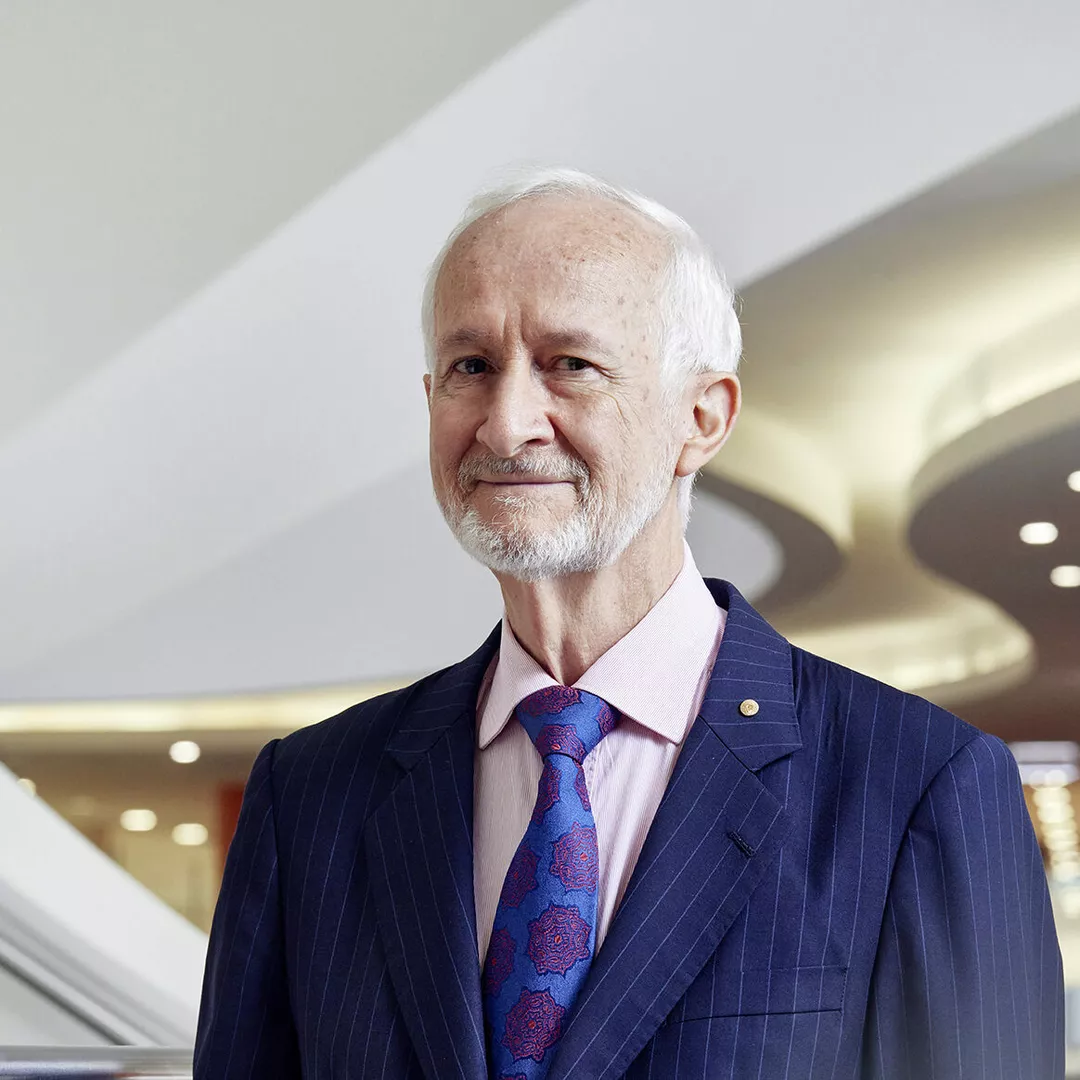
A leading Australian scientist believes people who regularly check their pulse could have a higher chance of preventing stroke and dementia, by capturing their heart rhythm, as he takes part in the world’s largest screening project to prevent stroke.
Professor Ben Freedman, Director of External Affairs at the Heart Research Institute and founder of AF-SCREEN International Collaboration, said one in 10 who experience stroke were unaware they even had atrial fibrillation (AF) – or an irregular heartbeat – at the time.
“We are already seeing a consumer-led explosion in wrist-worn pulse tracking devices like FitBit and Apple watches, which allows people to monitor their pulse around the clock. These can detect the presence of AF, and some can even do ECG rhythm strips. But there are complexities and uncertainties surrounding consumer-led AF screening.
“It could give a false sense of security about heart health if normal, which could do damage long term. It may cause unnecessary extra tests or treatments if ‘possible AF’ is detected by younger people, with low stroke risk, self-screening.
“The issue for medical practitioners is what people are doing with those results and how they are being interpreted. They are not the silver bullet to understanding heart health. Results from wearable devices should be interpreted with caution, even though some manufacturers make out their products could save your life.
Prof Freedman is about to take part in the world’s largest screening project to prevent stroke, and he’s hoping the launch of HRI’s Christmas Appeal will deliver to their Santa stocking additional cutting-edge ECG technology needed to get under way.
Over the next five years, Prof Freedman and his team will measure AF in Australians aged over 70 using a handheld thumb device, to provide definitive evidence that more intensive ECG screening prevents stroke, morbidity and death.
“The aim of the trial is to show that early detection of AF will decrease stroke in this patient group and potentially lead to a national screening program for early detection of AF, just like we see with mammograms for breast cancer,” Prof Freedman said.
“AF is the most common abnormal heart rhythm and is often asymptomatic – but early diagnosis could save your life.
The prevalence of AF rises with age, affecting about 10 per cent of people aged 70 and over, and increases their stroke risk by up to five times.
The Heart Research Institute’s Christmas Appeal will help raise funds to purchase portable handheld ECG devices for patients to take home.
“We will approach people over 70 through their GP in selected practices to take part in the SAFER-Aus trial. It has already started at the University of Cambridge in the UK.
“They’ll use a handheld thumb-ECG device four times a day for three weeks, and the results are passed directly to the patient’s GP for taking action. It’s not as frequent as a watch or other wearable device, but it’s a lot more monitoring than when you visit your GP and they screen you using an ECG, which is only a one-time chance for your heart to show it has an abnormal rhythm.”
It’s hoped the results of the study will impact current screening guidelines to prevent stroke and improve stroke-related healthcare.
“You have to be sure of the diagnosis first, and then the response needs to be in terms of risk of stroke. So what would be recommended for someone in their 70s with a high stroke risk, ie, oral anticoagulants, would be very different for someone in their 30s with a low stroke risk.
“Younger people may have more infrequent short episodes of AF, and fewer stroke risk factors compared to people aged over 65, so their risk of stroke is much lower. You would not sentence these young people to an anticoagulant drug for example, but overall cardiovascular risk factor reduction advice would be important,” Prof Freedman said.
Prof Freedman examining portable ECGs with his Heart Rhythm and Stroke Prevention team
General practices are being recruited across New South Wales, Western Australia and Tasmania for randomised testing for AF on a sample of patients aged 70 and over.
“They’ll use a novel thumb-ECG device to record heart rhythm four times a day for three weeks. Patients will be randomised to either the active screening or control arm to answer the question of whether population screening will prevent stroke.
“Once AF is diagnosed on a screening ECG, patients will be asked to visit their GP practice to discuss care and management.”
Prof Freedman, who was the first person to transmit an ECG from an emergency department to a mobile phone in 1997, while he was remotely located, said there’s no doubt personal ECGs are the way of the future.
“The speed at which technology is changing is amazing, but it can be a medical minefield. It’s why it’s so important we conduct this critical research.
“Anything is possible now, and we as a medical profession need to realise that it’s being led by consumers. They are already checking their pulse continuously for long periods. It's on their Fitbit or their Apple device, so we need to provide evidence that screening more intensively in people aged over 70 will reduce stroke, and if that’s the case, we need to get guidelines changed so we can advocate for it.”
Donate to heart research
Media coverage
2GB Radio, 29 November 2022
9Honey, 23 November 2022
News.com.au, 19 November 2022
The Australian, 19 November 2022
Related research areas




